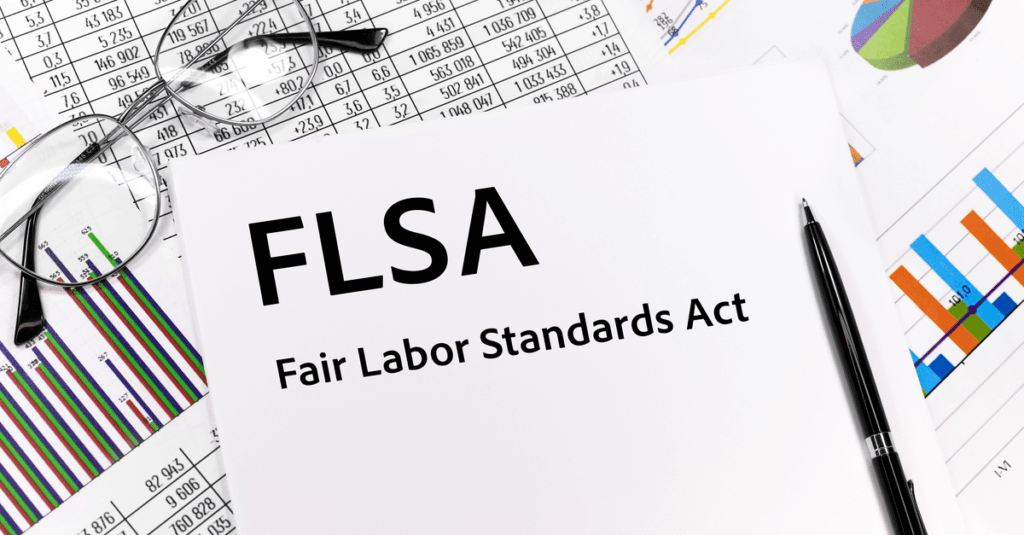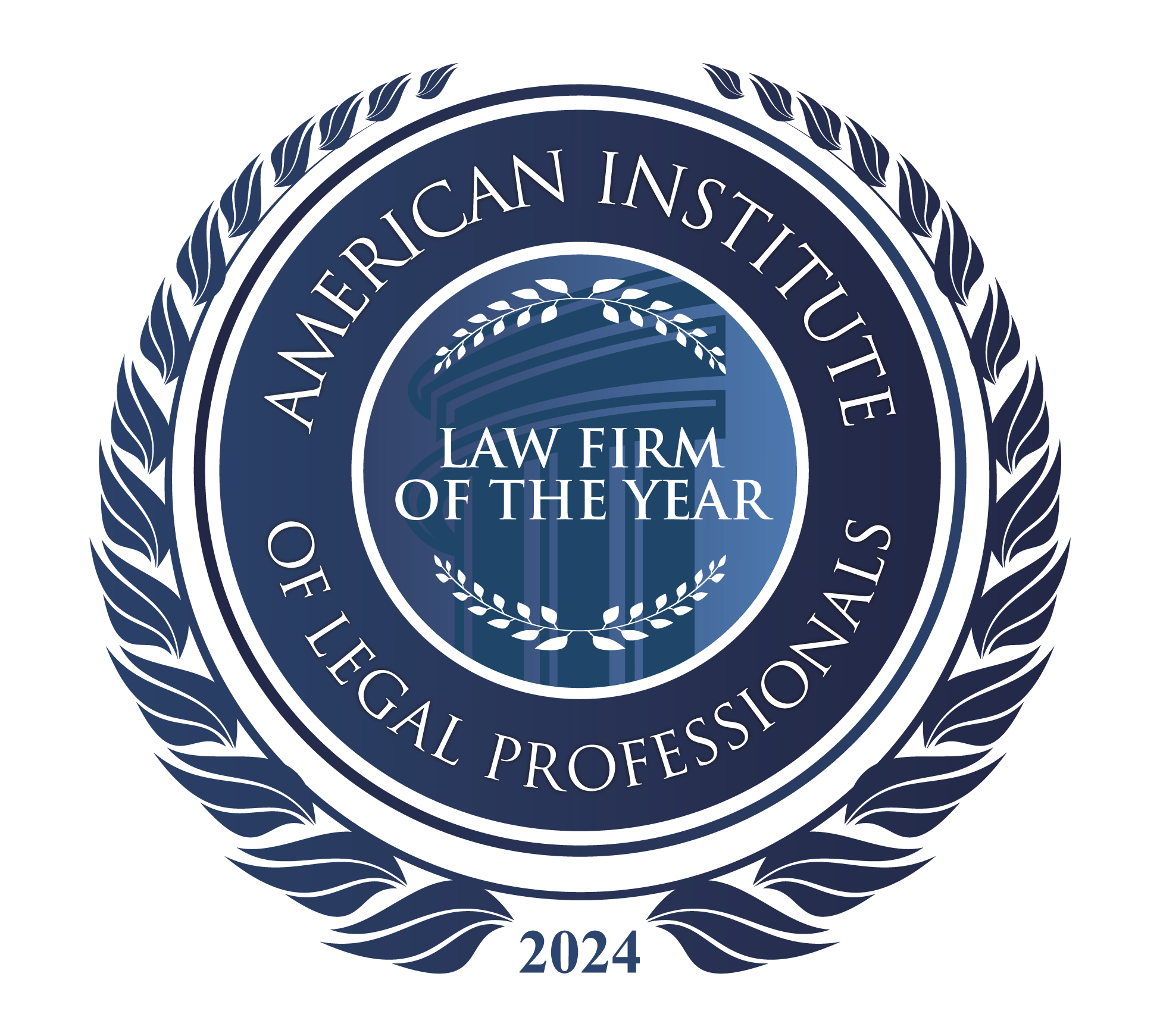
Most people who work in Colorado are protected by the federal Fair Labor Standards Act (“FLSA”), as well as Colorado’s wage and hour laws, including Article Eighteen, Section Fifteen of the Colorado Constitution, the Colorado Wage Act, the Colorado Minimum Wages of Workers Act, and the Colorado Overtime and Minimum Pay Standards Order (“Colorado Wage and Hour Law”).
Workers may also be protected by local ordinances, such as Denver Council Bill 19-1237.
It is important to note that that under Colorado Wage and Hour Law, “[i]f an employee is covered by multiple minimum or overtime wage requirements, the requirement providing a higher wage, or otherwise setting a higher standard, shall apply.”
Nationwide, the FLSA sets a floor of basic rights that states cannot abridge, but which they are free to exceed in their own wage and hour laws and regulations. In most instances, Colorado Wage and Hour Law provides rights that are greater than those provided by the FLSA.
Employees who work in Colorado must receive more than the $7.25/hour minimum wage described in the FLSA – a wage rate that has not been increased by Congress in over a decade – they must be paid the current Colorado minimum wage of $12.00/hour, and if they work in the City and County of Denver, they must be paid a minimum wage of $12.85 per hour.
Additionally, it does not matter that the FLSA does not require employers to provide lunch breaks or 10-minute rest breaks. Colorado employers still have to provide those breaks, because they are required by Colorado Wage and Hour Law.
As another example of the difference between the (usually inferior) protections of federal law and Colorado law, the Colorado Overtime and Minimum Pay Standards Order specifically prohibits employers from deducting “credit card processing fees” from employees’ tips and gratuities, while the FLSA has been interpreted to allow such deductions.
Another important difference is that Colorado Wage and Hour Law must be interpreted “liberally,” but the United States Supreme Court has recently held that such interpretation is not necessarily required under the FLSA.
In short, any time the FLSA and Colorado Wage and Hour Law say something different, Colorado employees get the higher protection.
If you are concerned that your employer is not meeting the standards of the FLSA, Colorado Wage and Hour Law, or a local ordinance, please feel free to contact our wage and hour attorneys at 303-839-6500 extension 1077 to discuss your concerns with us confidentially.






















